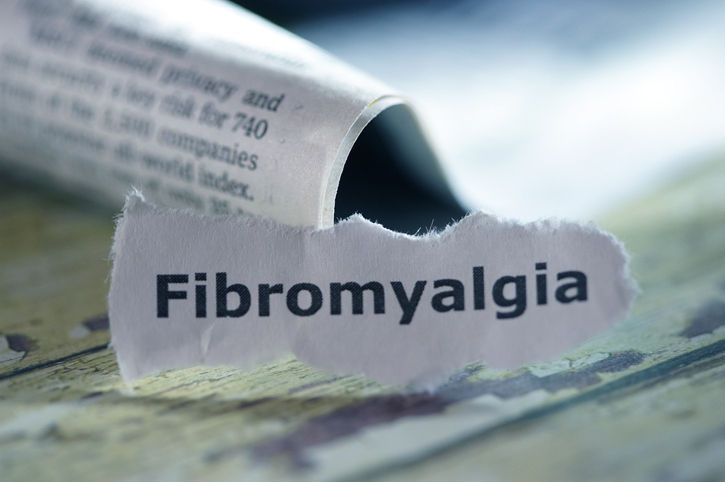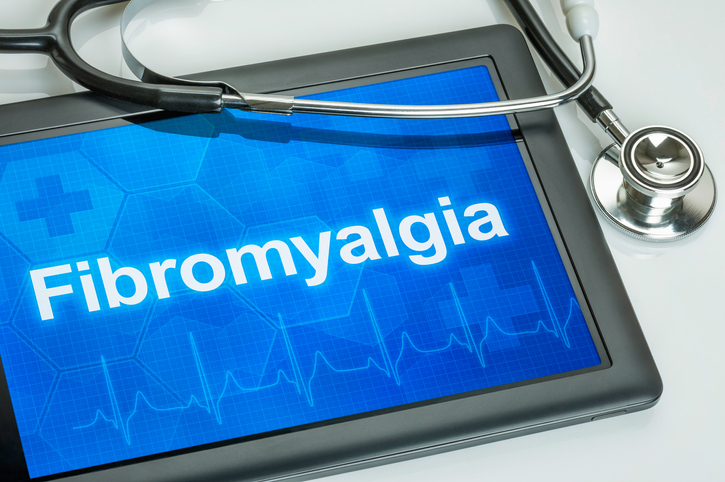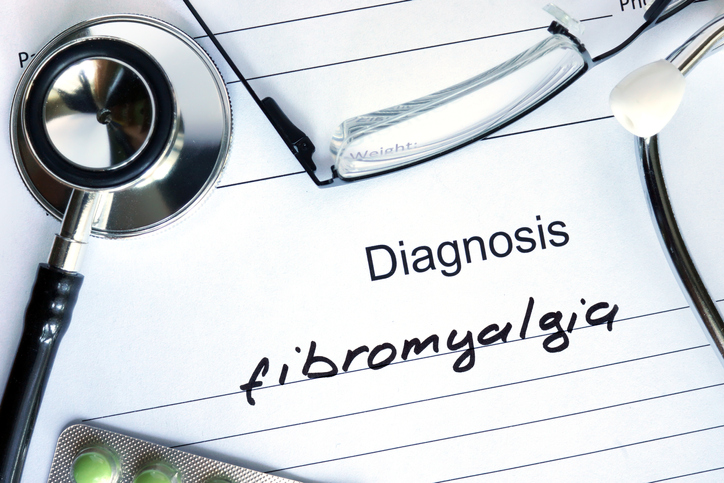Pain
Fibromyalgia
Fibromyalgia is a disorder that causes widespread musculoskeletal pain accompanied by fatigue, sleep, memory, and mood changes. While there is no cure for fibromyalgia, a variety of medications can help control symptoms. Exercise, relaxation, and stress-reduction might also help relieve pain.
887 people found this helpful
Print
Share
Save
Symptoms often begin after a physical trauma, surgery, infection, or significant psychological stress. In other cases, symptoms gradually accumulate over time with no single triggering event. The pain associated with fibromyalgia is often described as a constant dull ache that has lasted for at least three months. To be considered widespread, the pain must occur on both sides of your body and above and below your waist. People with fibromyalgia often awaken tired, even though they report sleeping for long periods of time. Sleep is often disrupted by pain, and many patients with the condition have other sleep disorders such as restless legs syndrome and sleep apnea.
A symptom commonly referred to as "fibro fog" impairs the ability to focus, pay attention, and concentrate on mental tasks. Fibromyalgia patients may also experience depression, headaches, and pain or cramping in the lower abdomen.
>
>
>
Source: Mayo Clinic
Did you find this helpful?
You may also like



















